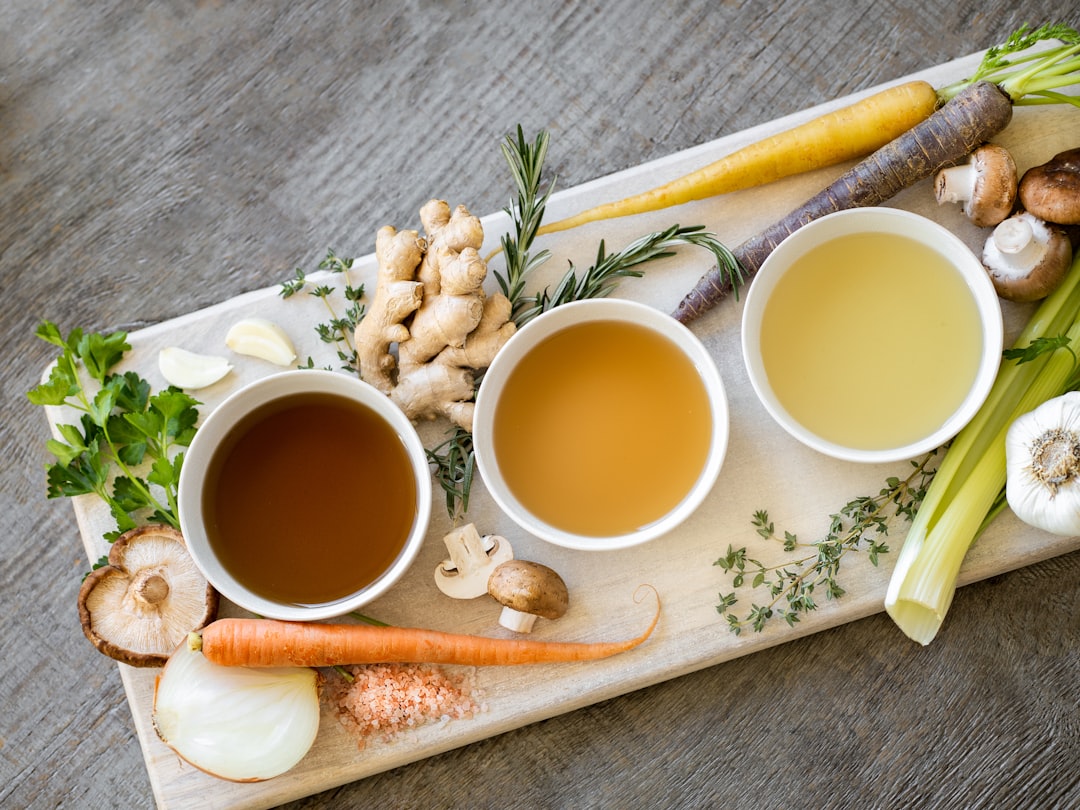Discover essential protein-rich foods for vegetarians, including legumes, dairy, nuts, and grains, to meet your nutritional needs while enjoying delicious meals.
Vegetarians often seek delicious protein foods to meet their nutritional needs while adhering to their dietary choices. With a variety of options available, it's essential to explore the most effective sources of protein for vegetarians. This guide will delve into numerous protein-rich foods that cater to vegetarian diets, ensuring you stay healthy and satisfied.
Understanding Protein Needs for Vegetarians
To maintain muscle mass and support overall health, vegetarians must consume adequate protein in their diet. The Recommended Dietary Allowance (RDA) for protein is 0.8 grams per kilogram of body weight. For example, a person weighing 70 kilograms should aim for 56 grams of protein daily.
Benefits of Protein-Rich Foods
Incorporating protein foods for vegetarians has several advantages:
- Muscle Repair: Protein aids in repairing and building muscle tissues.
- Weight Management: High-protein diets can promote satiety, helping control appetite.
- Improved Metabolism: Protein can increase energy expenditure through its thermic effect.
Top Protein Foods for Vegetarians
Here’s a comprehensive list of the best protein sources you can include in your vegetarian diet.
1. Legumes
Legumes are excellent protein foods for vegetarians, offering not just protein but also fiber and essential nutrients.
- Lentils: Cooked lentils provide about 18 grams of protein per cup.
- Chickpeas: One cup of cooked chickpeas contains approximately 15 grams of protein.
- Black Beans: A cup cooked black beans brings around 15 grams of protein.
2. Dairy Products
Dairy products are rich in protein and other nutrients. Here are some top choices:
- Greek Yogurt: One serving (200 grams) packs about 20 grams of protein.
- Cottage Cheese: A cup of low-fat cottage cheese offers around 28 grams of protein.
- Milk: One cup of milk provides 8 grams of protein.
3. Eggs and Egg Alternatives
Eggs are among the richest sources of protein. For those who include eggs in their diet:
- Whole Eggs: One large egg contains about 6 grams of protein.
- Egg Whites: Each egg white has about 3.6 grams of protein, making them a lower-calorie option.
Vegan Egg Substitutes
If you prefer not to consume eggs, consider these vegan alternatives:
- Chia Seeds: When mixed with water, chia seeds can create a gel-like substance, providing 2 grams of protein per tablespoon.
- Silken Tofu: Blended silken tofu can replace eggs in recipes and contains around 5 grams of protein per half-cup.
4. Nuts and Seeds
Nuts and seeds are fantastic protein foods for vegetarians, packed with healthy fats and nutrients.
- Almonds: One ounce (about 23 almonds) contains 6 grams of protein.
- Chia Seeds: One ounce delivers approximately 5 grams of protein.
- Hemp Seeds: Three tablespoons provide 9 grams of protein, making them an excellent addition to smoothies or salads.
5. Whole Grains
Whole grains offer protein along with additional health benefits:
- Quinoa: This gluten-free grain serves about 8 grams of protein per cooked cup.
- Brown Rice: Contains about 5 grams of protein per cooked cup.
- Oats: A cup of cooked oats provides about 6 grams of protein.
Incorporating Protein Foods into Your Diet
To successfully incorporate protein foods for vegetarians into your meals, consider the following tips:
- Plan Balanced Meals: Include a source of protein in every meal, such as legumes in salads or dairy in smoothies.
- Experiment with Recipes: Try new dishes that combine various protein sources, like lentil soup or quinoa salad.
- Snack Wisely: Choose high-protein snacks like Greek yogurt with nuts or hummus with veggies.
Conclusion
Finding delicious protein foods for vegetarians is essential for a balanced diet. By incorporating a variety of legumes, dairy, eggs, nuts, seeds, and whole grains, you can meet your protein needs while enjoying flavorful meals. Remember to monitor your intake and adjust according to your individual requirements for a healthy vegetarian lifestyle.





